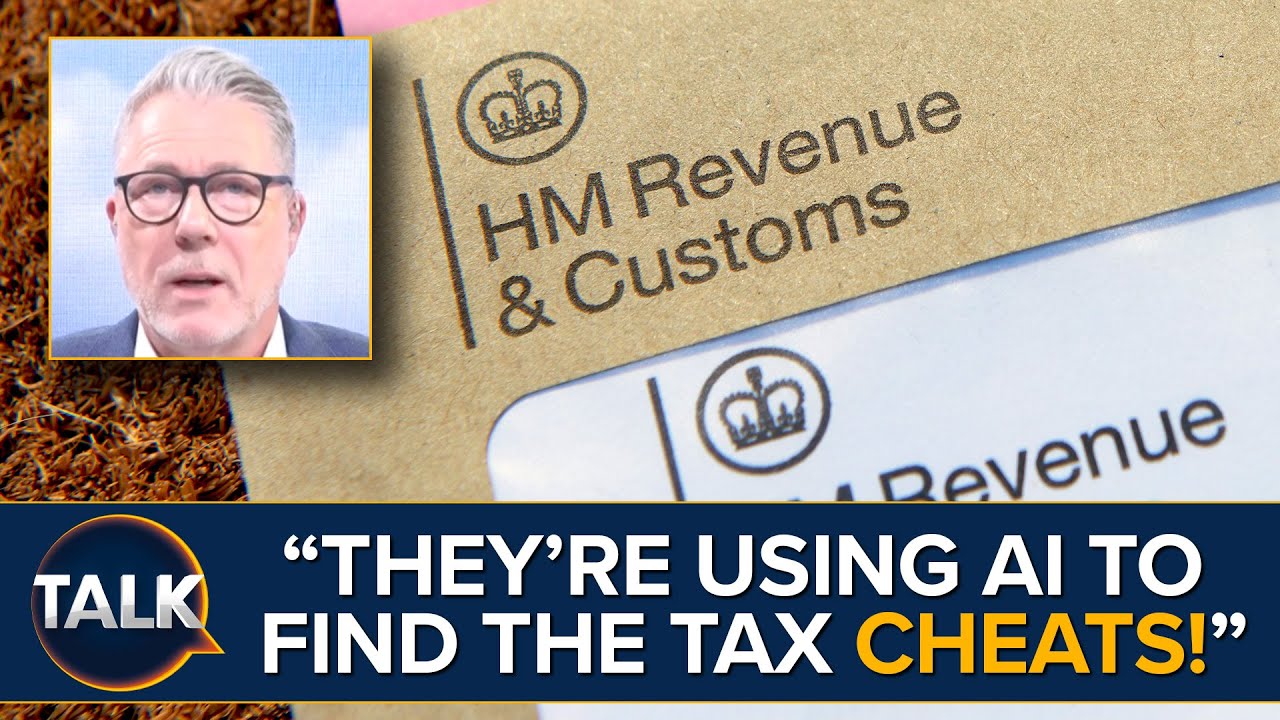HMRC turns to AI in pursuit of tax cheats

HMRC has confirmed that it is now wielding artificial intelligence tools to trawl through social media posts and track down suspected tax evaders.
The tax authority said AI tools will mainly be used to complete low-level, repetitive tasks as part of criminal investigations and will not replace human judgement.
All use of the technology, it added, also remains subject to legal checks and oversight.
The move aims to reduce time spent on administration and free investigators to focus on higher-value work, ultimately helping to recover more money for public services.
Official figures show that tax evasion now costs more than £5bn a year.
Experts believe AI could also make HMRC more efficient, but they warn that there are risks.
Chris Etherington, a partner at RSM UK, told the BBC that while the technology could pull together information quickly, mistakes are possible — particularly where fake or hacked social media accounts are involved.
He added, “There will still need to be a human touch to ensure the right decisions are being made.”
Government investigators have long looked at social media in cases involving tax or benefit fraud.
One well-known example involved a claimant who said she was unfit for work, but posted online about taking part in long-distance runs.
The emergence of AI means much of this work can now be automated.
But HMRC stresses that jobs are not at risk, with 5,500 new compliance staff being recruited.
Beyond investigations, the tax office is also exploring ways AI could make life easier for taxpayers, such as improving access to 100,000+ pages of online guidance and reducing mistakes on returns.
